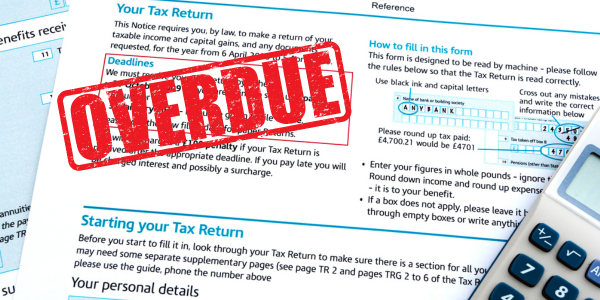Accountancy advice for academy schools
By their very nature, academy schools must have effective systems in place to manage their finances. Unlike maintained schools, which receive funding and oversight of budgets from local education authorities, academies are funded directly by the Department for Education and must oversee their own accounts.
Since they were introduced in 2010, the number of academy schools has steadily grown. According to the National Audit Office, 7,472 of the 21,538 state-funded schools in England (35%) were academies as of January 2018. Almost 7,000 of these have converted from maintained status, while 476 are free schools.
There are strict financial rules governing academies, and the landscape can seem daunting for bursars, head teachers and governors as they grapple with the complexities. Here we offer an overview of the key points to consider, whether you’re converting from maintained status or setting up a brand new academy school.
Budget setting for academy schools
Setting a detailed budget is probably the most important undertaking any academy faces. New academies are required to prepare a budget and send it to the EFA (Education Funding Agency) within six weeks of its final funding letter. As with schools, all land and property has to be valued as well as fixtures and fittings, stock and local government pension schemes.
If your school is converting from maintained status, its budget should reflect the five-year improvement plan, and take into account past performance so you can learn from under- and over-spends. Changing pupil numbers can impact budgets, and it’s important to factor in updated pay scales for teachers, as well as other financial requirements, such as insurance and maintenance.
Academy schools have charitable status – how does this affect their accounts?
Academies must prepare accounts under the charities statement of recommended practice (SORP). There are various regulations to consider when preparing accounts under SORP. If your school is newly converting to academy status, it’s worthwhile engaging a specialist accountant to help ensure a smooth transition.
Here at Perrys, our experts can help explain the significance of restricted and unrestricted funds; the roles and responsibilities of trustees and governors; and the financial returns required by the EFA, including the Financial Management and Governance Self-assessment (FMGS).
Special rules for multi-academy trusts (MATs)
If an academy is within a MAT (multi-academy trust), it is governed by one trust and a board of directors, which must include representatives from each school. Each individual school has a Local Governing Body, which reports back to the board of directors, but there’s only one accounting officer.
Invest in accountancy software for academy schools
Having the right accountancy software to help keep track of finances is crucial. Not only can everything be kept up to date and in one place but you will also be able to maintain compliance and accurately forecast numbers for the future. We are able to advise on the right software for your needs, and provide training to ensure school staff are comfortable using the system.
Contact Perrys Chartered Accountants for specialist advice on academy schools
Setting up and running a new academy can be a minefield in terms of accounting. Teachers’ Pension Schemes, VAT and Corporation Tax, statutory audits and payroll processing all require a level of expertise to negotiate.
In the long-term, taking professional advice could save you precious time and ensure a trouble-free transition to academy status. At Perrys, we have dedicated experts who can advise you at every stage in the journey. Jamie Russell is our lead specialist in this area – contact Jamie at our Wrotham branch for further information. And to read more on this subject, check out Jamie’s article in Education Today.







